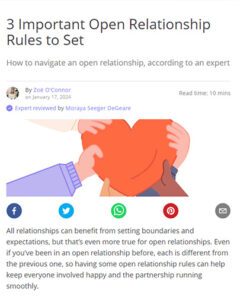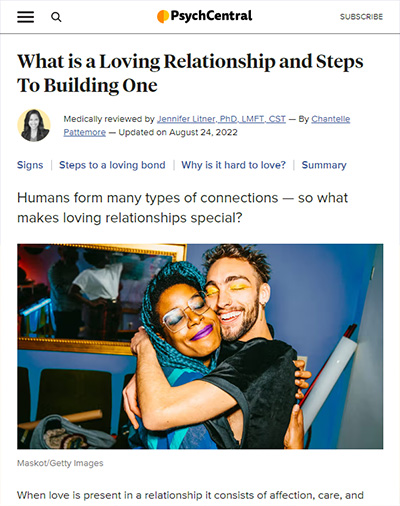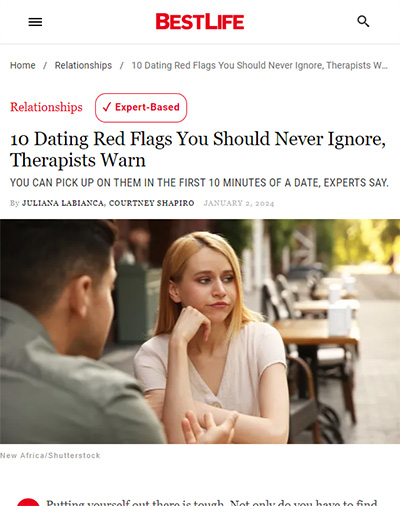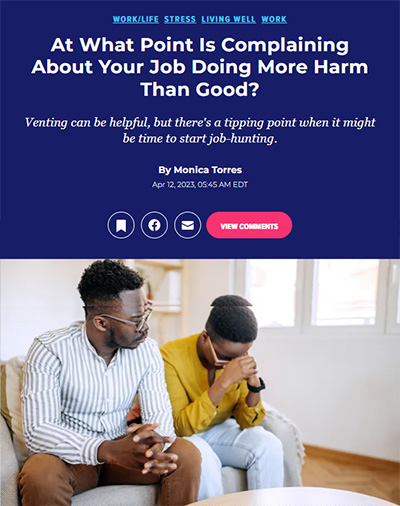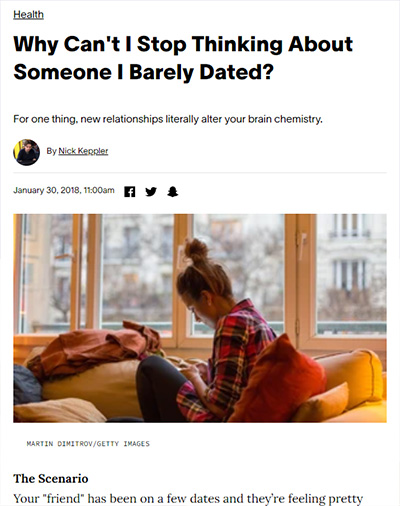
So, let me start with what I mean by ‘connected,’ so we’re on the same page. To be connected to your partner is to feel in tune with him/her. To feel close, to feel known, to feel seen, and to feel cared for by him/her. Connection is what makes you partners, rather than just roommates. It is borne of friendship, trust, and commitment. It’s about knowing that this person is your person, that they have your best interest at heart, and want you to be happy. So, obviously, it’s very important to maintain it in your relationship, as keeping that loving connection helps to foster an atmosphere of positivity in the relationship. And that atmosphere of positivity helps a couple to weather all kinds of conflict and hardship.
So, here are a few things that can cause disconnection in your relationship:
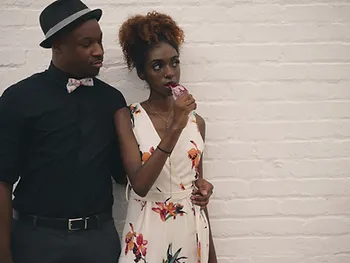
Ignoring bids. Drs. John and Julie Gottman talk a lot about bids for connection in their work on couples therapy. A bid for connection is any attempt that a person makes to get attention, affection or any type of positive response from their partner. It can be as small as making eye contact when your partner talks to you, so responding positively when your partner “puts the moves on you.” Ignoring these bids leads to disconnection. They are often small and frequently don’t require much from the partner other than warm, kind acknowledgment. They literally cost you nothing.
Not being interested. Nobody wants to feel uninteresting, especially to their partner. Failing to take a genuine interest in your partner’s life, thoughts, and feelings will lead to disconnection in the relationship. If your partner feels that you don’t care about what’s going on with them, they will likely just stop talking to you and get that attention elsewhere.
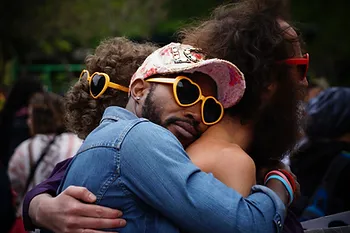
Not paying attention. Closely related to not being interested, not paying attention gives
your partner the impression that you just don’t care about them. Forgetting important dates or events. Forgetting things that they have said, especially things that were emotionally charged. Disregarding the wants and needs that they have expressed. These all foster disconnection.
Depending on outside relationships for your your emotional needs. Now, your partner is not meant to be everything to you; they cannot fulfill all your emotional needs. You should absolutely have outside relationships (friends, family, colleagues, etc) and nurture those accordingly. But when you find yourself leaning on people outside your relationship all the time, that is a sign that you and your partner are not connected. When something great happens and your partner is not the first person you think to tell. When something terrible happens and your partner is the last person you want to turn to for support. When you consider doing something fun and your partner isn’t even a part of the equation. These are signs of disconnection. It’s hard to know what came first, the disconnection or the turning to others for emotional support, but the outcome is the same.
Take some time to examine your own behavior in your relationship. Do any of these resonate for you? If so, it’s time to take action! Consider why you are engaging in these behaviors. Have you checked out of the relationship? Are you dealing with external stressors? Are you harboring resentments towards your partner that you haven’t spoken about? Make a real effort to understand what’s happening with you and decide if you still want this relationship. And if you want it, you gotta work for it! Make deliberate efforts to be the kind of partner you want to have and see the magic that can happen!
One of the many books written by Drs. Gottman, and one of my favorites!
